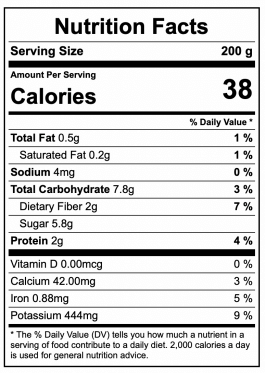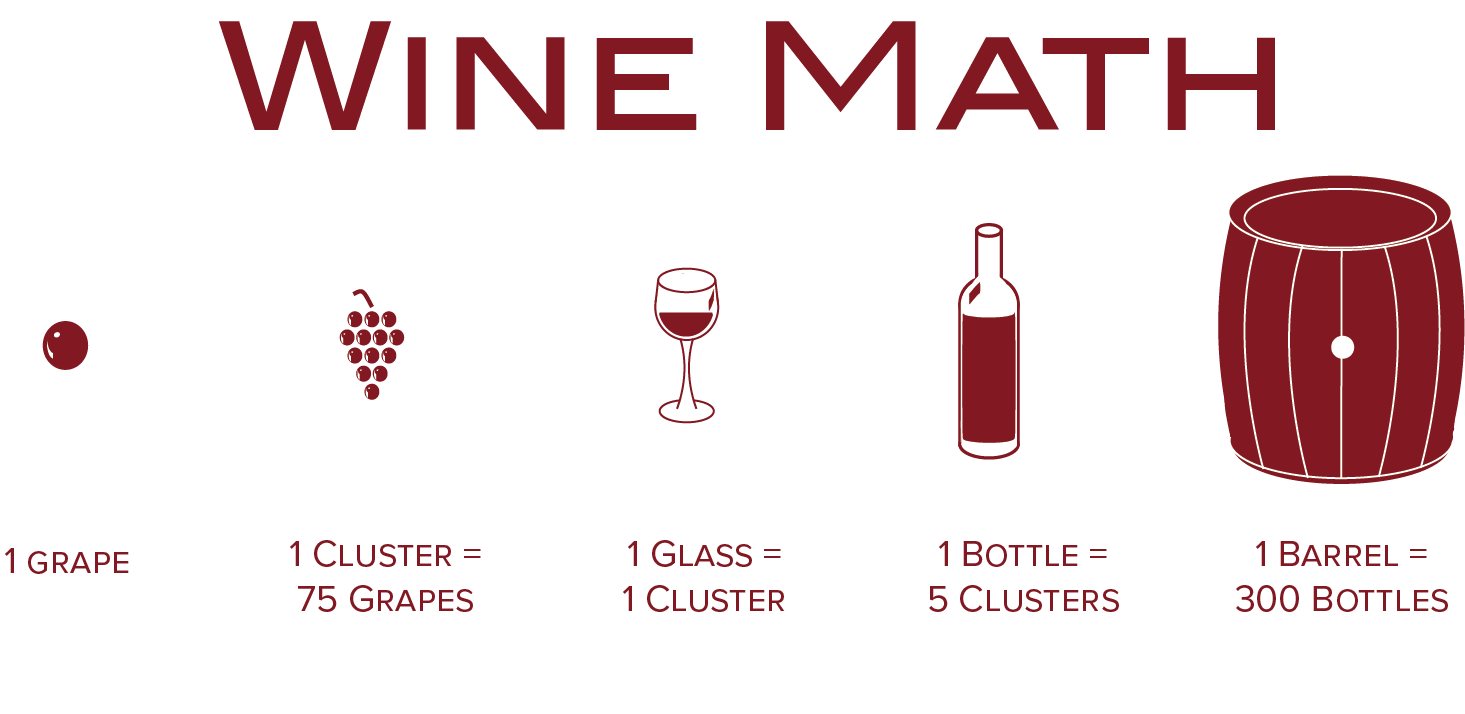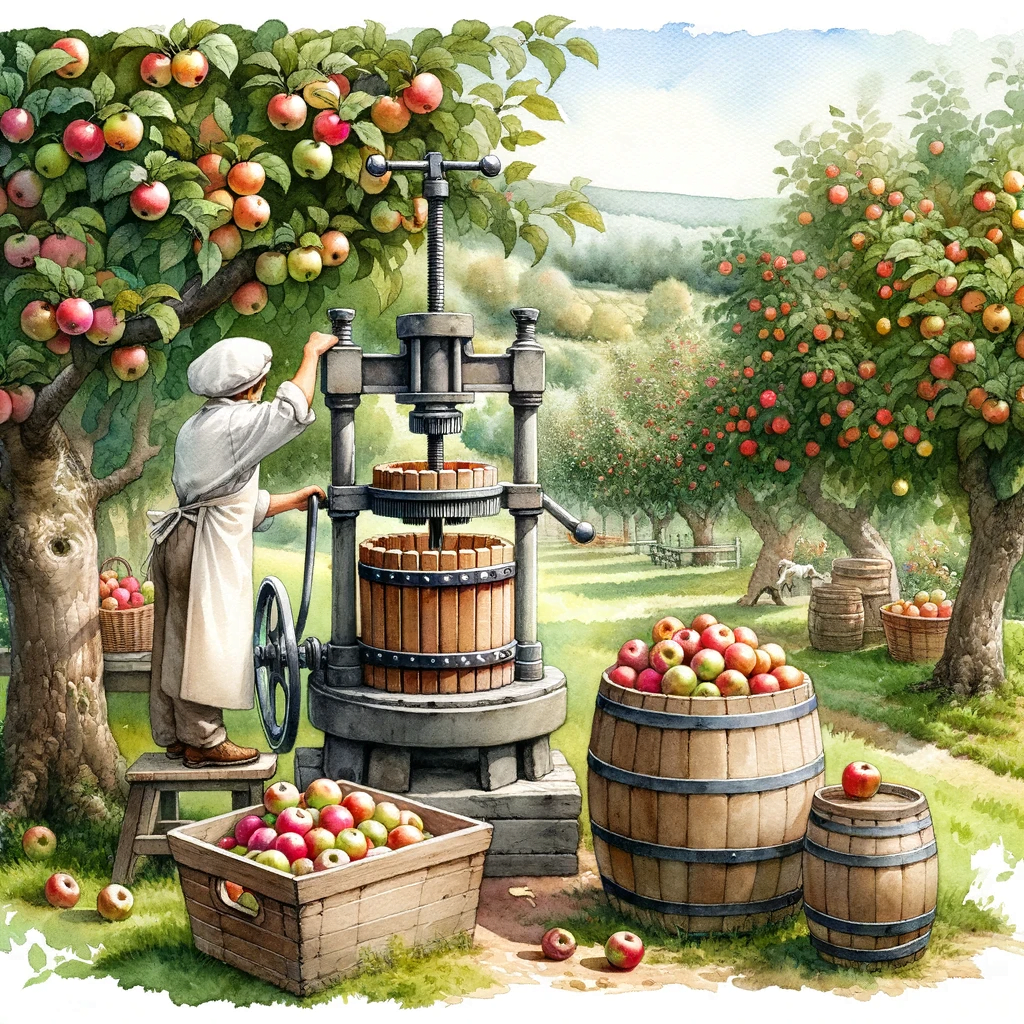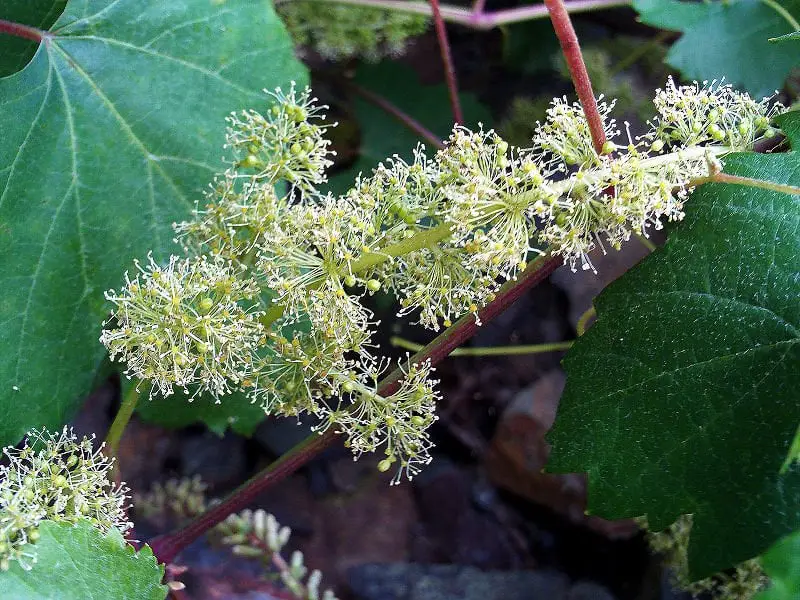If you’re curious about the nutritional value of yellow squash, specifically its protein content, you’re in the right place. In this article, we’ll explore just how much protein you can find in this delicious vegetable. Whether you’re trying to increase your protein intake or simply interested in understanding the nutritional composition of yellow squash, we’ve got you covered. So grab a cozy spot, and get ready to learn all about the protein content of yellow squash.
The Protein Content of Yellow Squash
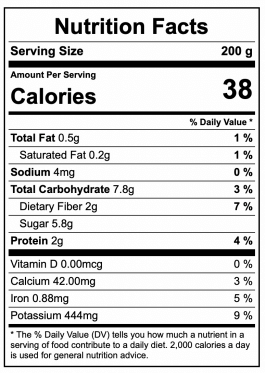
What is Yellow Squash?
Yellow squash, also known as summer squash, is a versatile and nutritious vegetable that belongs to the Cucurbitaceae family. It is characterized by its vibrant yellow color and mild flavor. Yellow squash is a common ingredient in various cuisines around the world, including American, European, and Asian dishes. This vegetable is packed with essential vitamins, minerals, and antioxidants, making it a great addition to a healthy and balanced diet.
Nutritional Composition
Yellow squash is low in calories and carbohydrates, making it an excellent choice for those looking to manage their weight. However, it is not just the low calorie content that makes yellow squash a nutritious vegetable. It also contains a wide array of essential nutrients. In addition to being a good source of vitamins A, B6, C, and K, yellow squash is rich in minerals like potassium, magnesium, and manganese. These minerals play crucial roles in maintaining various bodily functions, including nerve function, bone health, and energy metabolism.
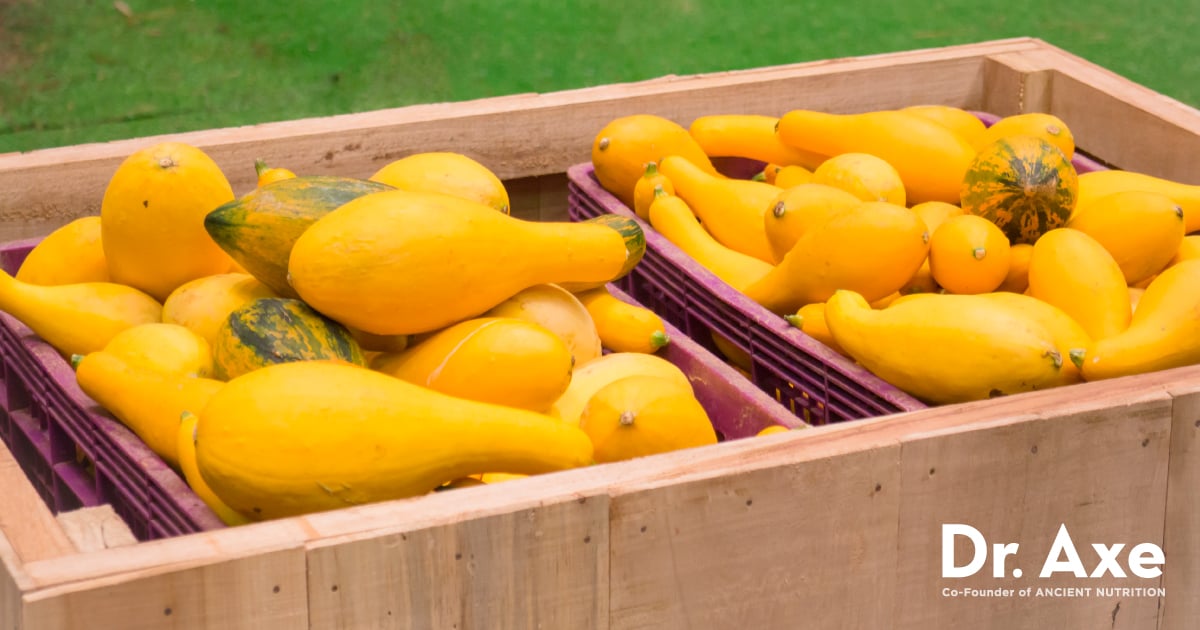
Protein Content in Yellow Squash
While yellow squash is not a particularly significant source of protein, it still contains a small amount of this essential macronutrient. On average, one cup of raw yellow squash contains approximately 1 gram of protein. While this may not seem like a lot, it can still contribute to your overall protein intake, especially when combined with other protein-rich ingredients in meals.
Comparison with Other Vegetables
When it comes to protein content, yellow squash falls in the middle of the spectrum compared to other vegetables. While it is not as high in protein as legumes or cruciferous vegetables like broccoli and Brussels sprouts, it does contain more protein than vegetables such as lettuce or cucumber. Therefore, if you are looking to increase your protein intake through vegetables, yellow squash can certainly be a worthy addition to your plate.
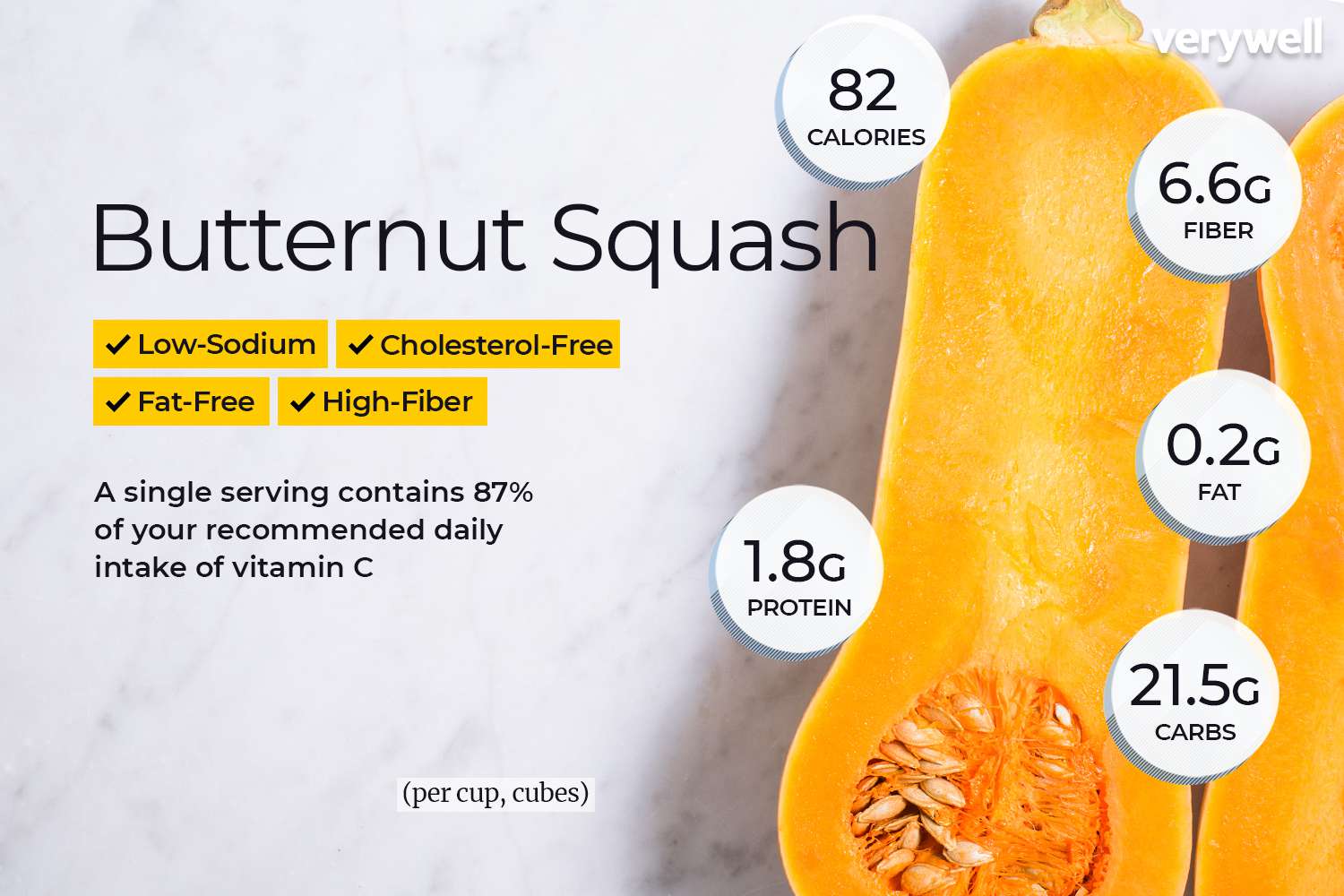
Benefits of Protein in Yellow Squash
Protein is an essential nutrient that plays a critical role in various bodily functions. It is necessary for the growth, repair, and maintenance of tissues, including muscles, skin, and organs. Protein also aids in the production of enzymes, hormones, and antibodies, which are crucial for a healthy immune system.
Incorporating protein-rich foods like yellow squash into your diet can provide numerous benefits. Protein helps promote feelings of fullness and satiety, reducing the likelihood of overeating and aiding in weight management. It also supports muscle growth and repair, making it particularly important for those engaging in regular exercise or physical activity.
Effect of Cooking on Protein Content
Cooking methods can affect the protein content of vegetables, including yellow squash. While protein is generally stable during cooking, some loss may occur due to heat or prolonged exposure to water. To minimize the loss of protein when cooking yellow squash, it is recommended to use methods that involve minimal water, such as grilling, roasting, or sautéing.
Additionally, it is important to note that overcooking yellow squash can lead to a mushy texture and a loss of other important nutrients. To retain the maximum nutritional value, it is best to cook yellow squash for a short period of time until it is just tender.
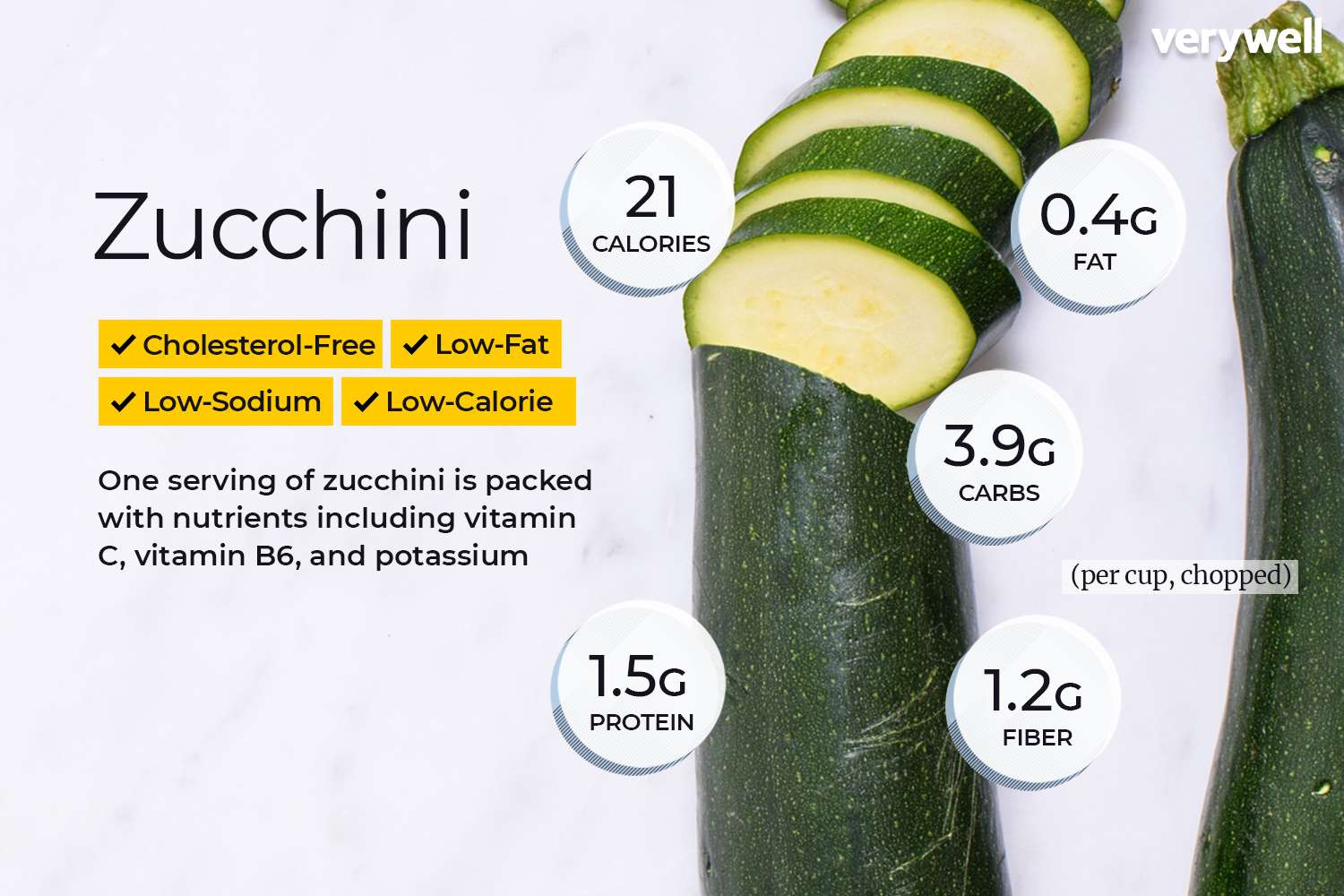
Yellow Squash Protein for Weight Loss
If you are looking to shed a few pounds, incorporating yellow squash into your diet can be highly beneficial. Its low-calorie and low-carbohydrate content make it a weight-loss-friendly vegetable. The protein content in yellow squash can also support your weight loss goals by promoting satiety and helping to maintain lean muscle mass, which is important for a healthy metabolism.
Including yellow squash in meals such as stir-fries, salads, or even as a side dish can add a nutritious and satisfying element to your weight loss journey. Its subtle flavor pairs well with a variety of ingredients, so get creative with your recipes and enjoy the benefits of yellow squash protein on your weight loss journey.
Protein Allergies and Sensitivities
While yellow squash is generally well-tolerated and considered safe for most individuals, it is important to note that some people may have allergies or sensitivities to proteins found in certain vegetables. If you have a known allergy to other members of the Cucurbitaceae family, such as cucumbers or melons, it is advisable to exercise caution when consuming yellow squash. If you experience any adverse reactions, such as itching, hives, or difficulty breathing, it is recommended to seek medical attention.
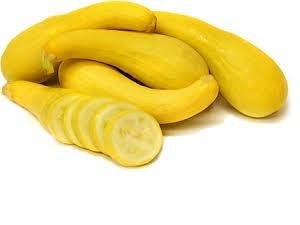
Recommended Daily Intake of Protein
The recommended daily intake of protein varies depending on factors such as age, sex, and level of physical activity. On average, the general recommendation for adults is to consume 0.8 grams of protein per kilogram of body weight. However, athletes or individuals engaging in intense physical activity may require higher protein intake to support muscle recovery and growth.
While yellow squash may not provide a significant amount of protein on its own, it can contribute to your overall protein intake when combined with other protein-rich foods. Be sure to incorporate a variety of protein sources, such as lean meats, fish, dairy products, legumes, and nuts, to meet your daily protein needs.
Recipes and Ideas to Incorporate Yellow Squash Protein
When it comes to incorporating yellow squash into your meals, the possibilities are endless. Here are a few recipes and ideas to inspire you:
Grilled Yellow Squash Skewers: Cut yellow squash into thick slices, brush with olive oil, sprinkle with salt and pepper, and thread onto skewers. Grill until tender and slightly charred for a delicious side dish or addition to a summer BBQ.
Yellow Squash and Chickpea Curry: Sauté yellow squash, chickpeas, and your favorite curry spices in a skillet. Serve over brown rice or whole wheat naan bread for a hearty and flavorful vegetarian meal.
Yellow Squash Noodles: Use a spiralizer or julienne peeler to create long, thin strands of yellow squash. Toss with a healthy sauce of your choice, such as tomato marinara, pesto, or garlic and olive oil, for a lighter alternative to traditional pasta dishes.
Stuffed Yellow Squash: Hollow out yellow squash halves and stuff them with a mixture of cooked quinoa, diced vegetables, and lean ground turkey or tofu. Bake until tender and enjoy a protein-packed and satisfying meal.
Remember, incorporating yellow squash into your meals not only adds a hint of sweetness and vibrant color but also offers a boost of protein and other essential nutrients. Experiment with different cooking methods, seasonings, and flavor combinations to discover your favorite ways to enjoy the protein content of yellow squash.
